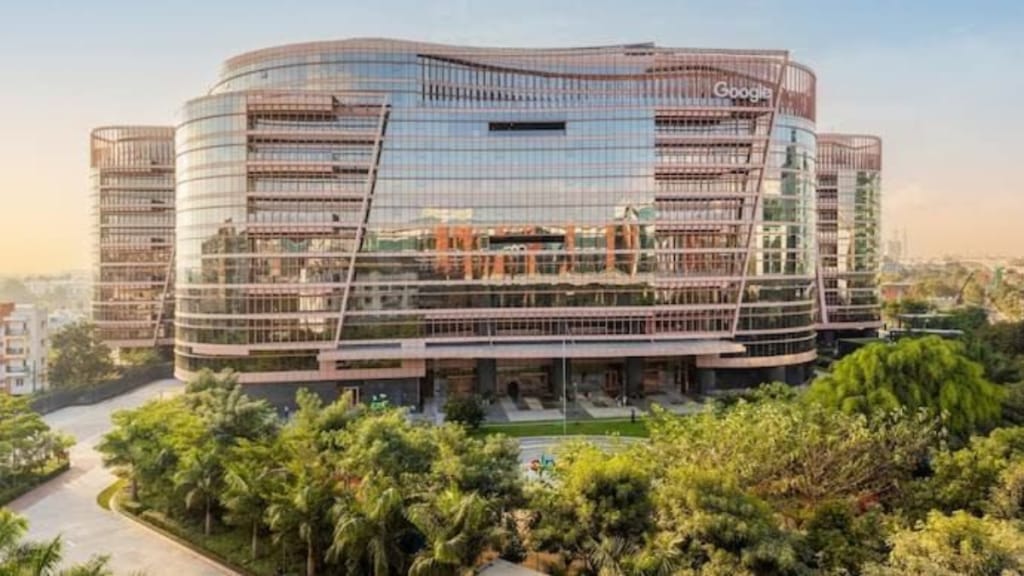Karnataka is quietly rewriting the next chapter of India’s digital playbook—and it’s not happening in Bengaluru. Under the Karnataka Digital Economy Mission’s (KDEM) “Beyond Bengaluru” initiative, clusters like Mysuru, Mangaluru and Hubballi-Dharwad-Belagavi (HBD), are emerging as credible hubs for deeptech R&D, full-stack electronics system design and manufacturing (ESDM), and global capability centres (GCCs).
The Mysuru cluster is at the forefront of driving traction; while Karnataka aims to contribute at least $300 billion to India’s $1 trillion economy by 2030, the state government is aiming to touch digital revenues of $10 billion from Mysuru alone by 2030 with at least 150,000 new job openings.
From semiconductors to startups
“The last 12 months have been significant for the Mysuru cluster with 15 new companies setting up base and generating new employment. It has seen over Rs 2,800 crore investments during this period—including a major semiconductor JV, a Rs 1,250 crore printed circuit board (PCB) plant, and multiple nano-GCC launches,” said BV Naidu, chairman, KDEM.
New entrants to the cluster include Hoptekai Technologies, Sharp Software Development India, d-Matrix India, TBVM Consulting Services, TNBIT Technologies and Entelika Consultation and IT Services. MiPhi Semiconductors, an Indo-Taiwanese joint venture, will set up a Global Technology Centre (GTC) with a 200-person R&D facility, while McLaren Strategic Solutions and Forward Air & Omni Logistics plan to open GCC operations in the city. Vayu Assets has also outlined an investment of `1,250 crore for a PCB plant serving both domestic and international markets.
According to Naidu, Mysuru is a shining example of Karnataka’s Beyond Bengaluru initiative. It is rapidly evolving into a tier-2 technology and innovation hub for IT, ESDM, startups, and innovation-driven industries. It is also the state’s second-largest IT exporter, contributing Rs 5,000 crore annually. The region has over 1,200 startups and 10,000 co-working seats across nearly 5,00,000 square feet of infrastructure, with another 2,00,000 square feet under development. The upcoming GTC is aimed at attracting IT/ITES and emerging tech firms to the region. The 235.5 acre Electronics Manufacturing Cluster (EMC 2.0) at Kochanahalli is on track to host semiconductors firms.
1,65,000 jobs and 2,800 startups by 2030
“With a robust ecosystem of startups, GCCs, and academic excellence, Mysuru has the potential to emerge as Karnataka’s second Silicon Valley. By 2030, we aim to bring in 28 large IT companies, 12 ESDM units, 12 GCCs, and over 2,800 startups, creating up to 1,65,000 jobs,” Naidu said.
Karnataka has long been a torchbearer of India’s technology and innovation journey. Bengaluru in the last two decades has emerged as the most preferred destination for investments in IT, biotech, startups and deeptech areas.
The Beyond Bengaluru initiative—executed by KDEM—aims to promote equitable tech growth across Karnataka. It focuses on six emerging clusters: Mysuru, Mangaluru, Hubballi, and the upcoming clusters in Shivamogga, Kalaburagi, and Tumakuru, where each cluster consists of four to five districts and based on the existing ecosystem strengths, it is classified with specific technology focus for each cluster.
“These tier-2 cities have a highly proficient workforce in cutting-edge digital technologies. About eight lakh individuals within these emerging hubs are adept in the latest tech domains, such as aerospace and defence, cybersecurity, animation and gaming, artificial intelligence, IoT, and robotics,” said Naidu.
Also, businesses in these cities enjoy a 25-30% cost advantage in talent pool and a striking 50% lower real estate rental compared with mature hubs. “Beyond cost advantages, such tier-2 cities have become breeding grounds for innovation, nurturing a mutually beneficial relationship between startups and established corporates,” he added.
Initiatives like the Cluster Seed Funds aim to stimulate local innovation and entrepreneurship in these cities. This is a Rs 75 crore initiative by the state government to encourage startups in Mysuru,
Hubballi and Mangaluru.
With structured investments in deeptech, ESDM, and GCCs in emerging cities, Karnataka Digital Economy Mission’s model could reshape the urban tech map of India. “Ultimately, by promoting a strong Beyond Bengaluru ecosystem, we are looking at a national model anchored in Karnataka,” Naidu summarised.
